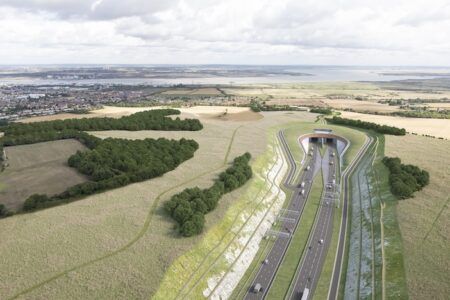As part of its long-term aim of improving air quality in the UK capital, Transport for London (TfL) has appointed the suppliers to provide the rapid charging points that are needed to make it easier for citizens to take-up and use electric vehicles (EVs).
After a competitive bidding process, the Centrica Consortium, Bluepointlondon, Chargemaster, Electricity Supply Board (ESB), and Fastned were successful in winning contracts, and they will fund, maintain, operate, and install the fast-charge network. The first charge points will be operational within months, and will recharge vehicles in close to 30 minutes, compared with the three to four hours using a standard unit. The initial aim is to see 75 charging points installed by the end of this year, with the network growing to 150 by the end of 2018, and 300 fully functioning by 2020.
TfL is working with the boroughs and investing £18m (US$23.2m) to unlock potential sites, including upgrading the power supply. Strategic hubs are also being evaluated on arterial roads, owned and maintained by TfL, and on private land, including Heathrow Airport and multiple service stations. These off-road locations have the potential to house multiple charge points. New taxis licensed from January 2018 will need to be zero-emission capable, so the new charging network will be vital in assisting the ‘greening’ of London’s black cab fleet, with many charging points dedicated exclusively to their use by the end of next year.
Drivers will be able to pay at charge points using a credit or debit card and it will not be compulsory to sign up to a membership or subscription scheme. The integrated network means drivers can use all five suppliers at no additional cost, making it easier to own and run a zero-emission vehicle. Customers will be supported by 24/7 call centers and get information on the location and availability of charging points through the web and apps.
“Urgent action needs to be taken to clean up London’s toxic air and rid the capital of the most polluting vehicles,” explained Ben Plowden, TfL’s director of surface strategy and planning. “An extensive rapid charging network is fundamental in helping drivers make the shift from fossil fuels to electric. This is particularly important for the taxi and private hire trades and the fleet and freight sector, which over the next few years will be looking to dramatically increase the number of journeys made with zero-exhaust emissions.”




